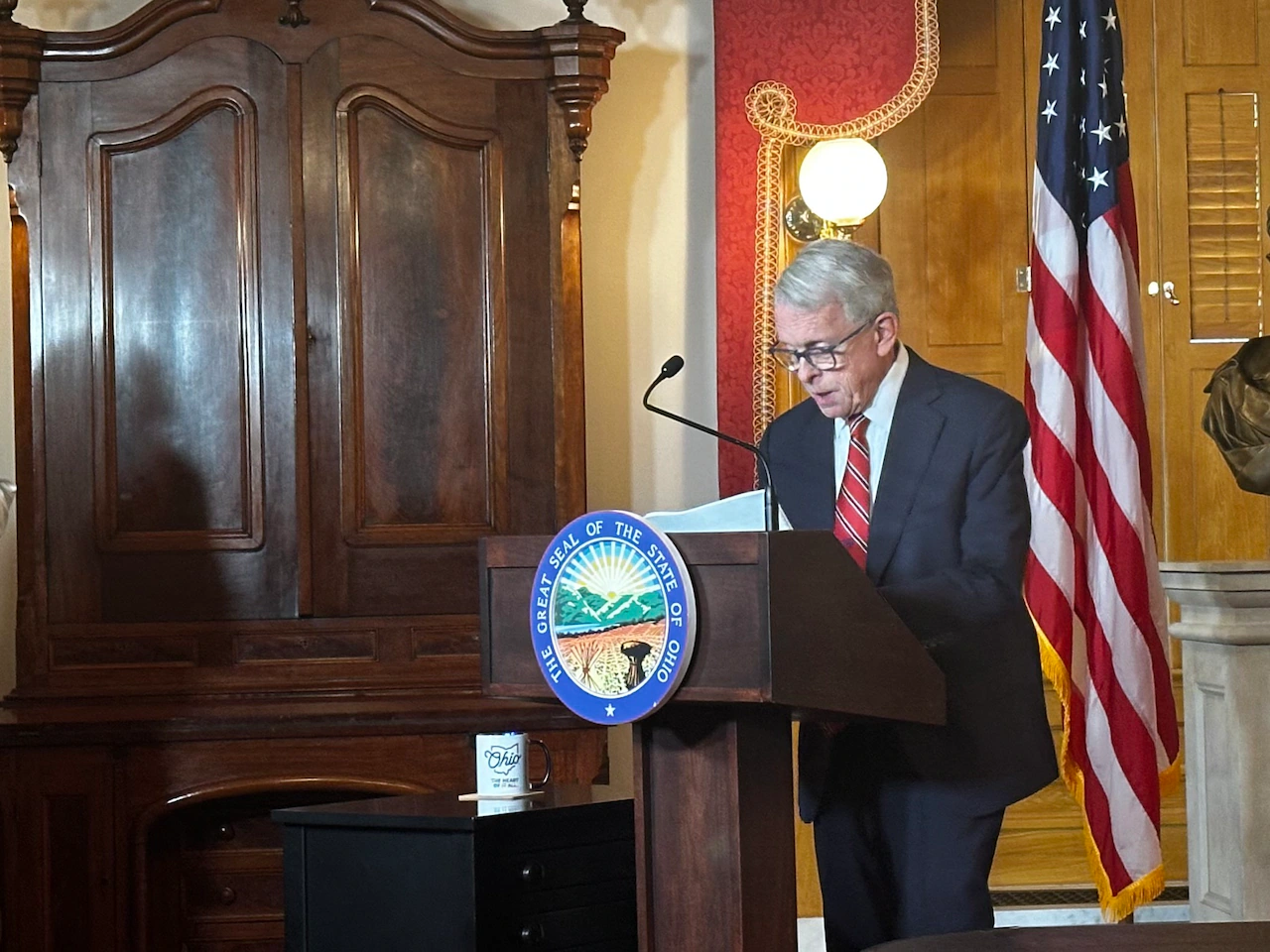Copyright cleveland.com

COLUMBUS, Ohio -- Gov. Mike DeWine signed a bill Monday allowing public and private schools to carry drug overdose reversal medicines – a law that also expands the amount of time students can leave class for released time for religious instruction. House Bill 57 will go into effect in approximately 90 days. Technically, the 90-day period begins when the governor files the law with the Ohio Secretary of State’s office. Initially, HB 57 enjoyed broad bipartisan support, passing the House unanimously on May 7. However, the Senate’s version included an amendment expanding released time for students seeking to leave campus during school hours for religious instruction, and Democratic lawmakers objected. The Supreme Court established in 1952 that students may participate in release time programs, provided the religious instruction occurs off school grounds, attendance remains voluntary, and no public school resources support the program. An Ohio law that went into effect earlier this year required each school district to pass released time policies, which coincided with the expansion of LifeWise Academy—a Christian biblical character education program based in the Columbus area that has experienced rapid growth statewide and nationally. The state budget enacted in late June further refined these rules, restricting school districts to just two release periods weekly. However, Senator Andrew Brenner, a Delaware County Republican, reported that approximately 50 school districts – predominantly in Northwest Ohio—contacted legislators expressing concern that the two-period limitation was affecting Catholic students who attended daily Mass and catechism at nearby churches. So the Senate created an amendment lifting the two periods weekly. This made it into the final version of the bill, which DeWine signed. State Senator Kent Smith, a Euclid Democrat, endorsed the bill’s original purpose of allowing schools to stock overdose antagonists but objected to the release time amendment, citing inadequate legislative discussion. “We heard in committee that somebody was contacted by 50 different school districts saying, ‘Oh, we’ve got to fix this,’” Smith stated. “Well, that’s why we have hearings in a legislative committee. Let those 50 school districts come and make their case.” For the drug antagonist part of the bill, schools are allowed to accept monetary donations for purchasing overdose reversal drugs. School superintendent must report any emergency use of an overdose reversal drug to the school board and the parent or guardian of the student to whom the drug was administered as soon as practicable after that use, the law states. The Ohio Department of Education and Workforce, working with the Ohio Department of Health, to develop a model policy on the maintenance and use of a supply of overdose reversal drugs by Aug. 1, 2026. This story was drafted with the use of AI.



